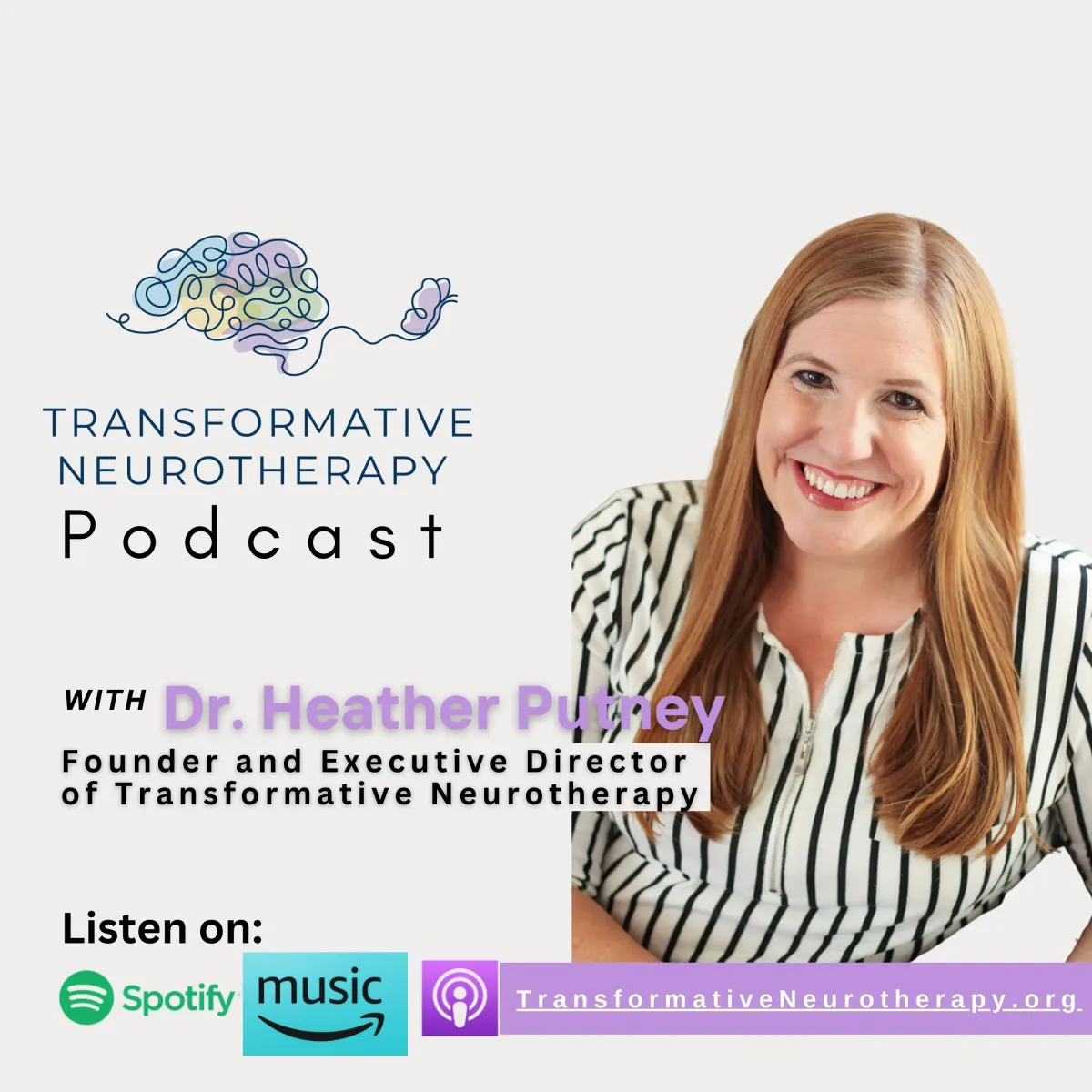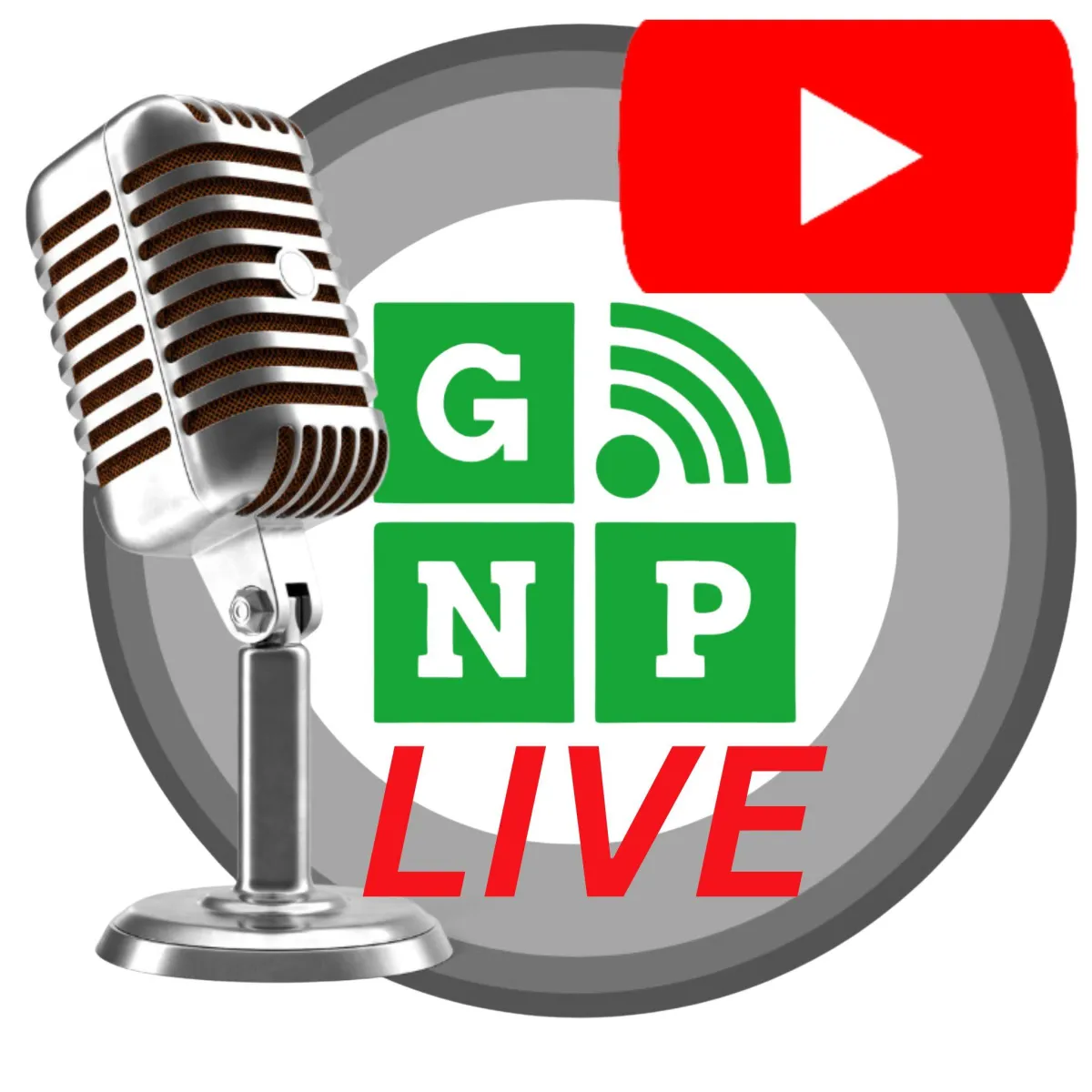

Breaking the Therapy Barrier: Dr. Heather Putney’s Neuro Revolution
From Couples Therapy to Brain-Based Healing
When Dr. Heather Putney founded Untethered Therapy in 2014, she never anticipated it would evolve into a launchpad for developing new approaches to mental health care. At the time, her clinical focus was rooted in couples therapy, and over the years, she expanded her practice to include addiction and trauma recovery. She employed the most respected modalities available—EMDR, emotionally focused couples therapy, and internal family systems. Yet despite her clients’ commitment and her own expertise, a troubling pattern emerged: some individuals remained stuck. Their progress plateaued, even when they followed every therapeutic recommendation. Their brains, it seemed, simply wouldn’t budge.
Dr. Putney began referring to this phenomenon as being “brain stuck.” It was a turning point in her career. She couldn’t accept that some people were simply beyond help. Determined to uncover a deeper explanation, she returned to her academic roots in biology and physiology. Her research led her to explore the neurological underpinnings of emotional and psychological distress. That journey introduced her to neurofeedback, and eventually, to neuromodulation—tools that would become the foundation of her next chapter: Transformative Neurotherapy.
The Birth of Transformative Neurotherapy
Dr. Putney’s academic background has always been unconventional. She earned a master’s degree in integrative biology and physiology, and spent time working in animal training and psychology. Her original career path pointed toward veterinary medicine, but a growing interest in human psychology shifted her trajectory. As much as she loved animals, she realized that helping families heal would leave a longer, more meaningful legacy. That realization led her to build Untethered Therapy, where she and her team have been helping clients transform their lives for over a decade.
Transformative Neurotherapy was born out of necessity. Dr. Putney needed a solution for clients who weren’t responding to traditional talk therapy. Neuromodulation offered a way to address psychological challenges at the physiological level—where the brain itself could be supported and retrained. It wasn’t a replacement for therapy, but a powerful complement. When the brain is stuck, talk therapy alone often isn’t enough. By combining both approaches, Dr. Putney found that clients could move forward faster and more effectively.
One of the greatest challenges she faces is educating the public about what neurotherapy actually is. It remains a relatively unknown field, and most people don’t realize how profoundly their brain’s physiology affects their emotional and psychological well-being. “People don’t know what they don’t know,” she often says. That’s why education has become a cornerstone of her mission—whether through one-on-one conversations, community outreach, or sharing insights online.
A Life of Purpose and Practical Joy
Outside of her clinical work, Dr. Putney leads a full and often chaotic life—one she embraces with humor and gratitude. She jokes that she turns into a taxi cab every afternoon, shuttling her kids to their various activities. When she finds a moment to herself, she enjoys gardening, biking, and spending time with her dogs and family. These small joys keep her grounded and remind her why she does the work she does.
At the heart of her practice is a simple but powerful truth: Dr. Putney wants people to heal faster. She’s not a particularly patient person, and she doesn’t tolerate suffering—whether it’s her own, her children’s, or her clients’. That urgency fuels her drive to innovate, to challenge conventional methods, and to continually ask how mental health care can be improved. She believes that everyone deserves the opportunity to reach their highest and best self without unnecessary struggle or delay.
Neurotherapy isn’t magic, she insists—but it is transformative. It serves as a bridge between what psychology has long understood and what neuroscience is only beginning to reveal. For those who have felt stuck for too long, it may be the missing piece. Through Transformative Neurotherapy, Dr. Heather Putney is helping clients unlock their potential, restore their well-being, and reclaim their lives—one brain at a time.
To learn more about Transformative Neurotherapy visit:
https://www.TransformativeNeurotherapy.org
Transformative Neurotherapy
570 Lincoln Ave.
Bellevue, PA 15202
412-204-7397
about
Leila Carter
Executive Producer, Good Neighbor Podcast: Pittsburgh
Contact
(412) 561-9956
Menu
Copyright © 2024. All rights reserved by Good Neighbor Partners, LLC | Terms and Conditions | Privacy Policy


